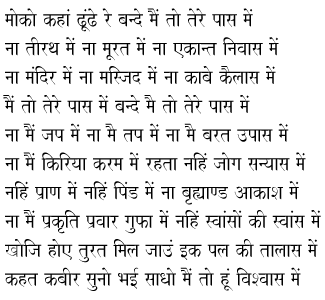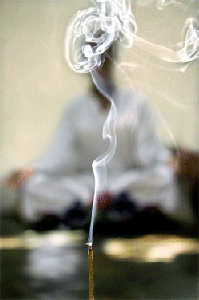Sri USaiyer Sir,
Lord Krishna says that only a tiny portion of the population seeks the ultimate Truth. Why so?
Getting tired of Samsara is not easy. It takes innumerable births as humans to come to this stage. And, even if one comes to this stage, one needs the grace of the Brahman to open the doors to this knowledge.
Just my take. Sri Iyest Sir may have a better response. Thanks.
Dear KRS sir, as senior citizens we can see how things have changed even in the last 50 or 60 years. People have substitutes for everything and made everything replaceable. It ranges from TVs and smartphones to wives, husbands, children and of course gurus. Divorce is easily obtained, children can be adopted, a new guru is always available if the present one is old fashioned and boring. There is nothing inherently right or wrong about this but it shows how the mind constructs societies and laws to feed its pleasures. This is a way to escape from suffering easily and quickly. People can get back to their pleasures and they can live in their envelope of comfort which they think is permanent. When life proceeds in this mode there is less need or opportunity to introspect and seek the fundamental answer to suffering.
Someone asked Bhagavan why he did not feel that the body was a burden. Bhagavan replied ‘ because you have not had enough of it’. We have not had enough of pleasures both material and psychological. The question of getting tired of samsara does not arise.
Just my two paisa.



